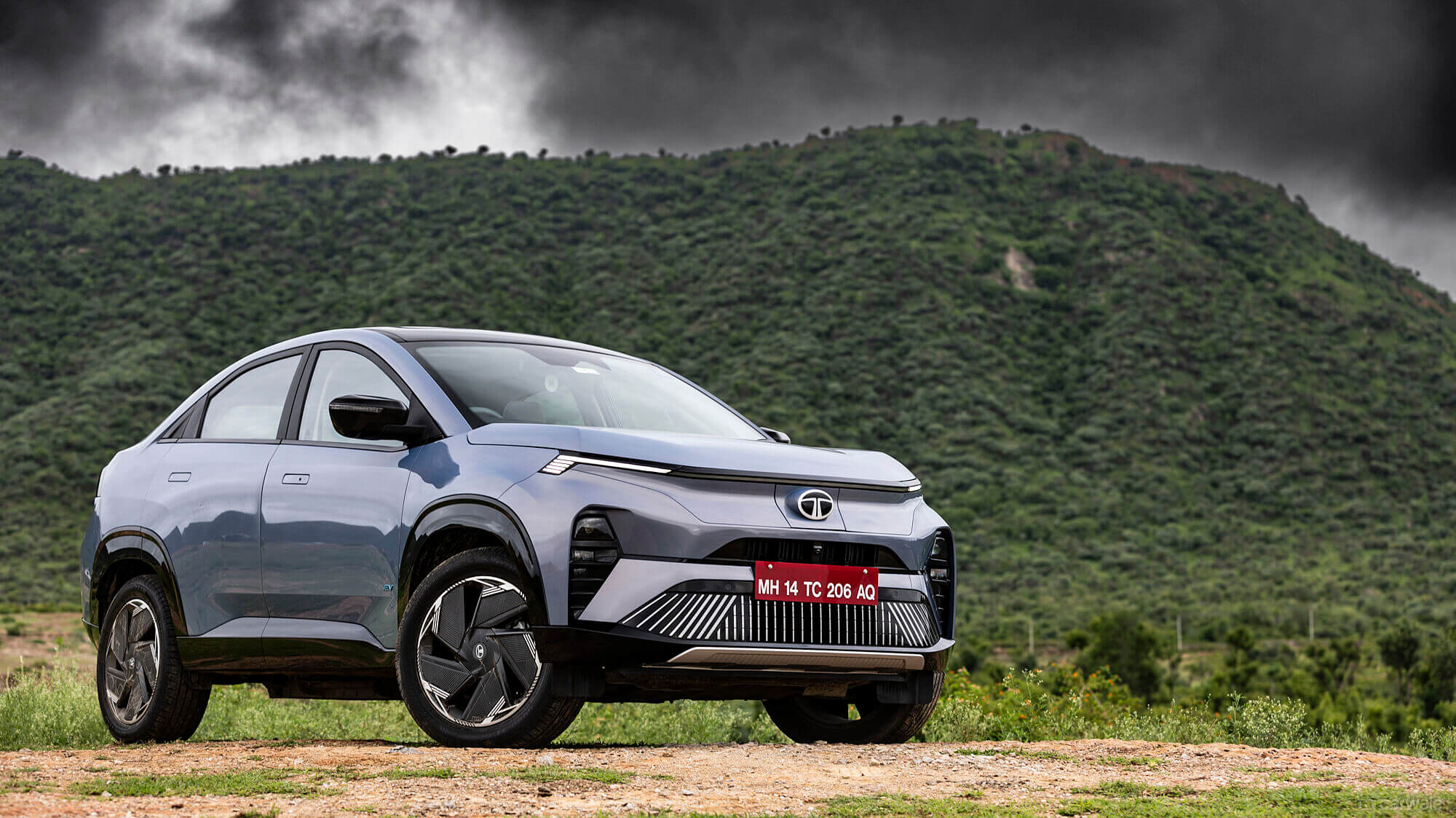As the automotive industry moves toward sustainability, car buyers now face more options than ever before.
Hybrid Vs EV cars both offer alternatives to traditional gasoline-powered engines, each with its unique benefits and trade-offs.
In this blog, we’ll explore what makes hybrid and EV cars different, highlight their similarities, and help you decide which option might be best for you.
Table of Contents
Introduction to Hybrid and EV Cars
Hybrid Cars: Hybrid vehicles combine a traditional internal combustion engine (ICE) with an electric motor and a small battery.
They don’t rely entirely on electricity; instead, they use a combination of gas and electric power to improve fuel efficiency.
Some hybrids, or plug-in hybrids (PHEVs), have larger batteries that allow for a few miles of electric-only driving.
Electric Vehicles (EVs): EVs, also known as battery-electric vehicles (BEVs), operate solely on electricity, powered by a large battery pack that drives electric motors.
Unlike hybrids, they don’t have an ICE, meaning there’s no need for gasoline, oil changes, or other engine-related maintenance.
EVs need to be plugged into a charging station to recharge, and they are lauded for producing zero tailpipe emissions.
Body: Similarities and Differences Between Hybrid and EV Cars
Similarities Between Hybrid and EV Cars
Environmental Impact: Both hybrids and EVs aim to reduce emissions compared to traditional gas-powered cars.
EVs produce zero emissions while driving, and hybrids significantly reduce emissions by supplementing fuel usage with electric Car power.
Lower Operating Costs: EVs and hybrids offer long-term fuel savings, as EVs eliminate gasoline costs and hybrids reduce them.
Both vehicles can also benefit from regenerative braking, which recaptures energy to recharge the battery while driving.
Quiet Operation: EVs are inherently quieter due to the lack of an engine, and hybrids also run quietly when in electric mode, creating a more serene driving experience.
Differences Between Hybrid and EV Cars
Power Source and Range
EVs: Rely entirely on electricity and need regular charging. Their range can be limited by battery capacity, although many newer EVs offer impressive ranges of 200 miles or more on a full charge.
Hybrids: Use a combination of gasoline and electric power, giving them a longer range and flexibility.
The gas engine serves as a backup, ensuring the driver isn’t solely reliant on finding a charging station.
Charging and Fuelling
EVs: require charging infrastructure, either at home or at public charging stations. Charging times vary by charger type,
from several hours with home chargers to less than an hour with DC fast chargers.
Hybrids: Don’t rely solely on charging (except for plug-in hybrids). They are ideal for areas with limited charging infrastructure, as they can still use gasoline.
Maintenance Needs
EVs: have fewer moving parts, no oil changes, and lower maintenance costs due to the lack of an engine and transmission. However, their battery pack can be costly to replace if needed.
Hybrids: Still have an ICE and thus require regular maintenance like oil changes, spark plug replacements, and fuel system care.
However, they generally experience less wear on the engine than traditional vehicles.
Driving Experience and Performance
EVs: Known for their instant torque, providing quick acceleration and a smooth, responsive ride.
They are generally more fun to drive, especially in urban areas where stop-and-go traffic is common.
Hybrids: While hybrids can provide a good driving experience, they often focus on fuel efficiency over performance.
Some plug-in hybrids offer a similar electric-only driving experience but with a shorter range compared to EVs.
Environmental Footprint
EVs: While producing zero emissions on the road, EVs require significant resources for battery production,
which can impact the environment. However, as renewable energy sources expand, the carbon footprint of EVs continues to decrease.
Hybrids: Still emit some greenhouse gases since they rely on gasoline. However, they typically have a smaller environmental footprint than traditional gas-only vehicles due to their reduced fuel consumption.
Conclusion:
Choosing the Right Car and Maintaining It with VehicleCare
Deciding between a hybrid and an EV ultimately depends on your lifestyle, driving habits, and access to charging infrastructure.
If you’re ready to embrace an emissions-free future and have access to reliable charging, an EV might be perfect for you.
On the other hand, if you want a flexible solution that reduces fuel usage but doesn’t rely entirely on charging, a hybrid could be your best bet.
No matter which vehicle type you choose, VehicleCare is equipped to service both EVs and hybrids with the latest technology and highly trained professionals.
Our team understands the specific needs of electric and hybrid vehicles, ensuring your car gets the best possible care with advanced tools and expertise.
Whether you’re looking for routine maintenance or specialized servicing for your hybrid or EV, VehicleCare has you covered, keeping your car in peak condition and ready for the road ahead.


